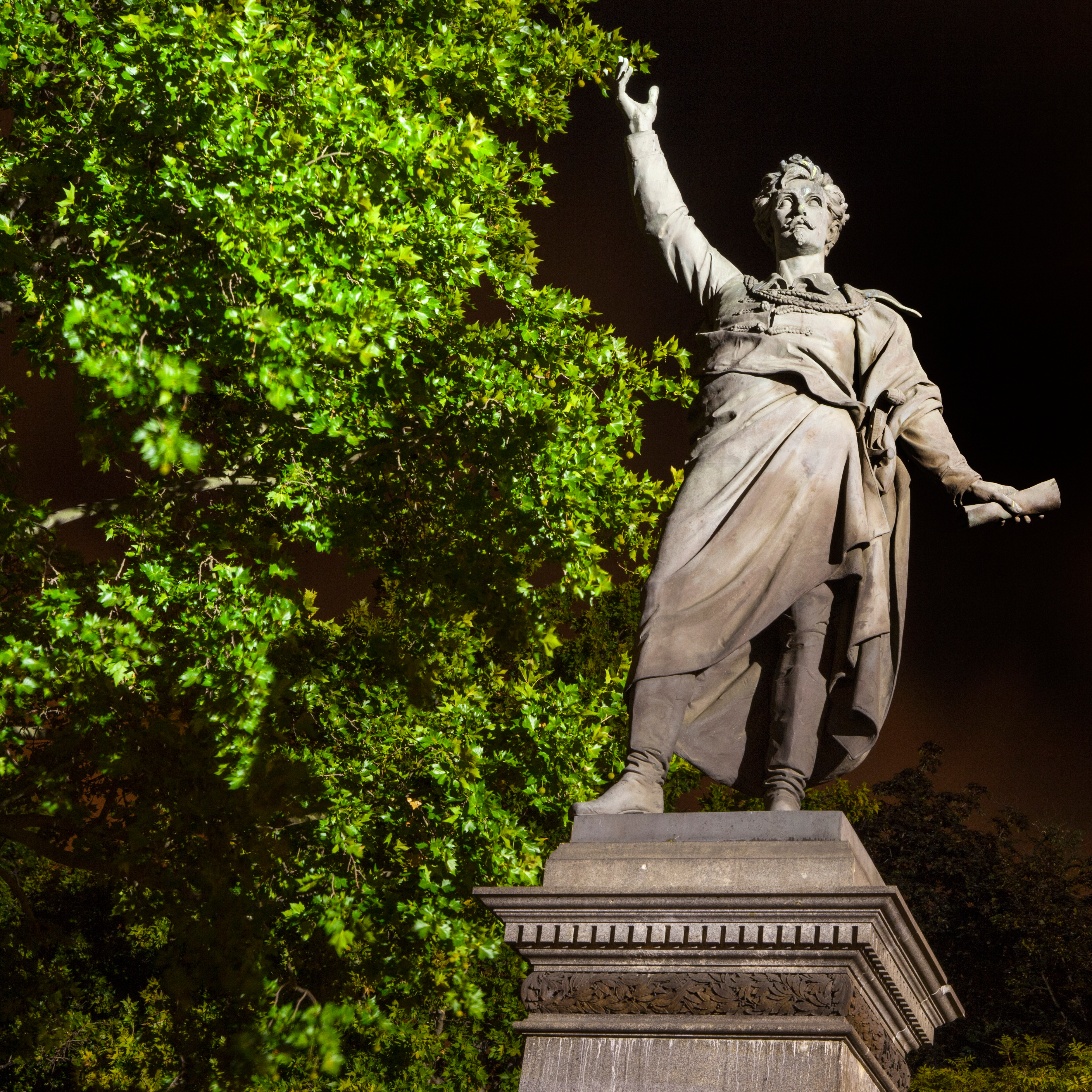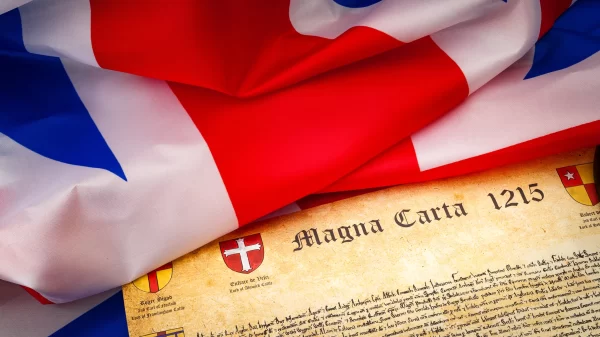The desire for freedom and liberty is universal, but achieving it can take the effort of a lifetime.
On March 15, 1848 – 175 years ago – Hungary revolted against the constraints imposed by both its Austrian masters and the authoritarianism of its ruling class.
As a former Warsaw Pact country, little is known about the history of democratic institutions in Hungary. And it would be easy to conclude that the country’s experience with self-determination and independent government is recent.
To the contrary, Hungary has a rich history of pursuing freedom and embracing liberty. The Hungarian Revolution of 1848 was the culmination of a nation state seeking to chart its own course with a separate identity and elected government.
After the defeat of Napoleon and the beginning of temporary peace and stability in Europe, the world economy flourished with open trade creating new opportunities for a middle class. But with economic growth and improved living conditions, people yearned for greater autonomy in living their lives and conducting their affairs.
Hungary, like many countries, had a ruling class that felt no desire for change and possessed no appetite for reforms that would undermine its power. Since the aristocracy paid no taxes and had almost total control over the government, there was no incentive for any change. But, like most governing elites, they failed to see that expanding the freedoms of the people would have provided more stability and ultimately increased both their wealth and influence. By holding on to power, the aristocracy fumbled, and their stature decreased when the revolution came to Hungary.
The seeds of revolution started in France when its government banned conventions of opposing political parties and used force to suppress political speech. This led to mass demonstrations resulting in the end of the constitutional monarchy. As other countries heard this news, many were inspired to attempt the same thing.
Upon learning of the events in Paris, Hungarian patriots appealed to the Hapsburg Monarchy in Vienna to award greater freedom and autonomy. When these demands were transmitted to Austria, crowds in Vienna gathered and demanded greater freedoms too. The Hapsburg Monarch, Franz Joseph, was only 17-years-old. His advisors panicked and appeared to accept the Hungarian petition.
Even though the terms were not defined, once news of this achievement reached Hungary, there were large public gatherings in favor of independence. Unlike other revolutions of 1848, the Hungarian movement was bloodless and culminated in a demand of various rights to create an independent nation.
Rather than take up arms, occupy buildings, or assassinate leaders, the real revolution was an intellectual exercise of expressing ideas that motivated the people to embrace a new vision of their country.
These ideas started from the pen of the poet and now national hero, Sandor Petofi. He was an unlikely revolutionary but with other young enlightenment scholars, he drafted a proposal, The 12 Points, that still resonates today.
The aspirations of the Hungarian people were explained in 12 simple points that not only express ideas for individual liberty, but also the practical needs for a new nation.
Of individual rights, Petofi asserted that Hungarians wanted freedom of the press and an end to censorship. This was his first demand, highlighting the importance of having an unfettered media to disseminate information without fear of repression. The desire for a free press and an elimination of censorship was radical. Elites, regardless of political stripe or persuasion, enjoy censorship and desire to control information as a means to govern. The Hungarians, like others reformers before and after, realized the need for a free press.
Other rights demanded were the abolition of separate laws for the nobility and freeing all political prisoners. The Hungarians wanted everyone to be treated equally under a stable and predictable legal system. They also demanded expanded participation in courts and juries, beyond the nobility, so that anyone with the necessary education could serve in government and on a jury.
Religious liberty was also a cornerstone of the Hungarian revolution. The people simply wanted freedom to worship without conforming to and paying for a state-sponsored religion.
Even 175 years ago Hungary still had vestiges of a feudal system that limited the rights of serfs to own property, elevated the rights of the nobility to demand payments from serfs, and prevented the free movement of labor. The reformers demanded that the limitations, discriminations, and humiliations of feudalism be eradicated.
Petofi’s 12 Points also made demands for things that would make Hungary a nation and not a part of the Hapsburg Empire. One critical ingredient for statehood was the need for a national bank and separate currency. To be truly independent, the country needed financial independence, and reformers saw a national bank as a means to achieve that result.
These demands also critically included the formation of an independent government and a national assembly with members who were not selected by the aristocracy but were democratically elected. Experience had taught them not to limit the frequency or duration of the assembly. Previously, a national parliament could only convene at the behest of an absentee ruler.
Unlike the young United States, Hungary envisioned the critical need for a standing national army that would take a loyalty oath to a Hungarian Constitution but not serve outside the country’s borders.
When these demands were submitted to Vienna they were accepted, and Hungary then moved to implement them to become an independent nation. Sadly, Hungary’s aspirations were short lived when the national assembly was unable to adequately provide representation to and expand the rights of various ethnic minorities. This led to a civil war with Austria opportunistically aligning itself against the Hungarian government.
In less than 2 years, the independent nation ceased to exist when the Russians invaded, abolished the Hungarian constitution, and brutally oppressed the people.
Petofi would die fighting for the freedom of the ideals he treasured for his country. His larger-than-life statute occupies a square in Budapest, where the Hungarian Revolution is forever immortalized.



















































